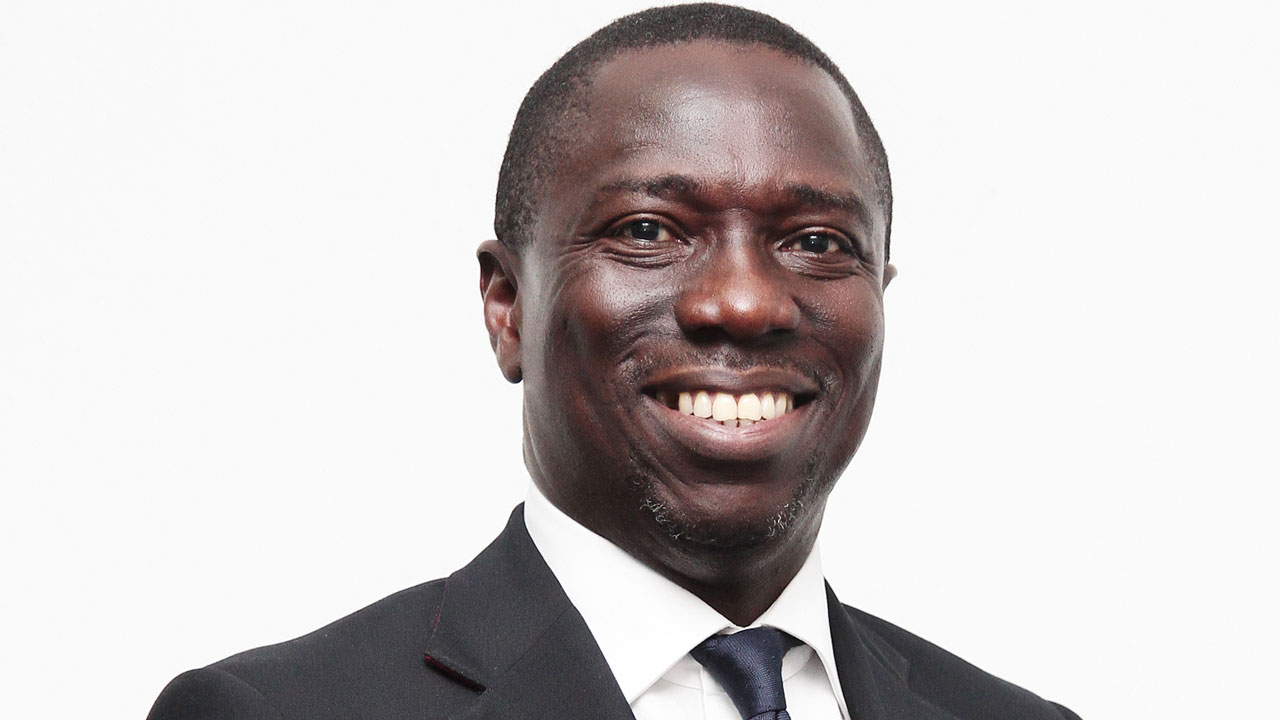
Chairman, Nigeria Economic Summit Group (NESG), Asue Ighodalo, has warned that the philosophical and political battles that will ensue as political parties choose their presidential candidates, may relegate focus on the economy and lead to the stagnation of the nation’s recovery.
Ighodalo, who gave this warning on Tuesday in Abuja at the launch of the NESG 2022 Macroeconomic Outlook Report, said that the distractions will likely amplify the challenges experienced in 2021, if the government does not immediately move to stem the tide by implementing critical reforms.
According to the Chairman, the NESG believes that policies that directly impact the welfare, gainful employment and safety of citizens and the performance, sustainability and job-creating potential of businesses, in the short term, must be at the forefront of government’s policies and actions in 2022.
“Being a pre-election year, 2022 will likely come with its peculiarities. First, increased election spending could motivate a tighter monetary policy stance to curb inflationary pressures.
“Secondly, attention may shift from effective governance to outright politicking. The pace of decision-making usually slows down in a pre-election year and reform pronouncements and implementation become difficult.
“Thirdly, the philosophical and political battles which will ensue as each party seeks to choose its presidential candidate and then convince the citizens that they are the party that will form the best government may relegate focus on the economy and lead to the stagnation of our recovery.
“Each year, we tailor our recommendations to what we believe is in our country’s best interests – confident in the underlying analysis, and humbly assured that the consideration, acceptance and diligent implementation of some of these recommendations will yield a more stable and stronger macroeconomic environment,” Ighodalo added.
Noting that year 2021 marked the gradual recovery of the global economy from the negative impact of the COVID-19 pandemic, notwithstanding the emergence of multiple virus variants.
The NESG boss maintained that the recovery was largely attributable to determined and focused global vaccination campaigns and rollouts, despite the significant disparities across continents.
“In parallel with the persistent uncertainty and economic volatility that COVID-19 continues to unleash as new strains emerge, infection rates ebb and flow into 2022.
“Our recommendation, therefore, is that swift action is taken, preferably in the first quarter of this year.
“As campaigns begin to kick off for the general elections in 2023, we must pay very careful attention to the candidates that the political parties present.
“We, the people of Nigeria, must carefully consider the capacities, track record and love of the country demonstrated by each of these candidates.
“We must only reward with our votes those parties that put forward knowledgeable reformers, reformers who are creative, passionate, courageous and have shown with evidence of their life’s work, a genuine love for the people of Nigeria.
“At this time in our country’s trajectory, we cannot afford to be delinquent in this most basic civic responsibility. The cost of getting it wrong in 2023 is more than this great nation can or should bear.
“With just over a year left in office, the current administration must strive to leave behind a positive lasting legacy. The government still has the time, if it has the will, to create a solid foundation, and catalytic growth base for this country and must continue to work hard to deal decisively with the challenges of poverty, unemployment, insecurity, social cohesion and macroeconomic instability”, he added.
Also speaking, NESG CEO, Laoye Jaiyeola, who argued that Nigeria cannot afford subsidy payments, urged the government to map out ways of catering for over 40 million Nigerians who consume just three percent of petroleum products.
Even as Jaiyeola urged the government to liberalise the oil and gas sector to be very competitive, he noted that resources of subsidies must be efficiently and judiciously spent.
He called for transparency and strengthening the framework of the oil and gas sector to ensure host communities work with investors in order for the country to produce an OPEC benchmark.



